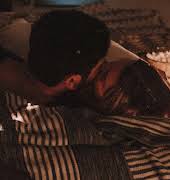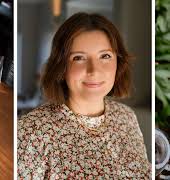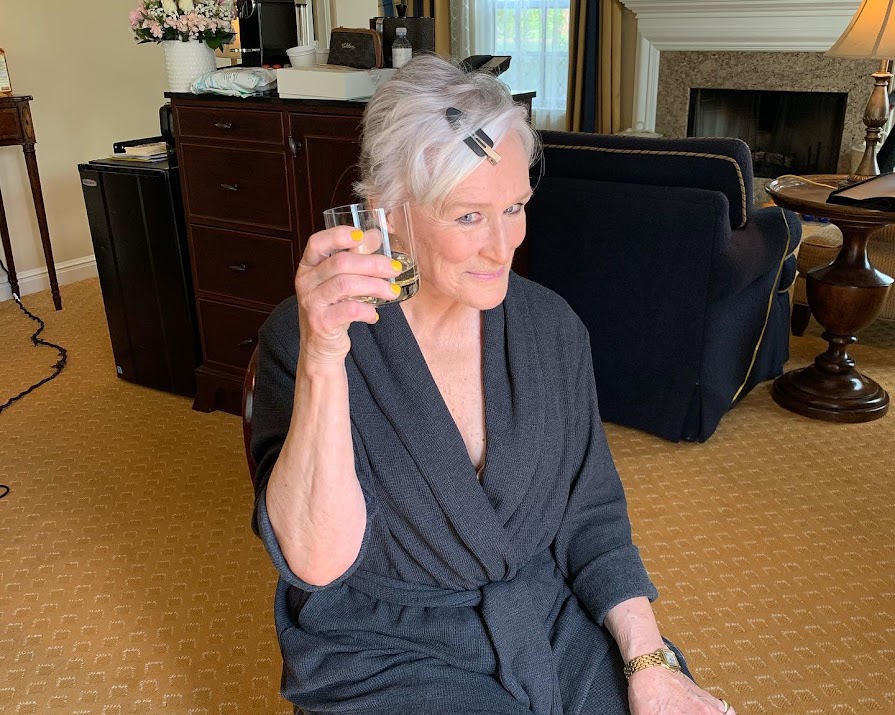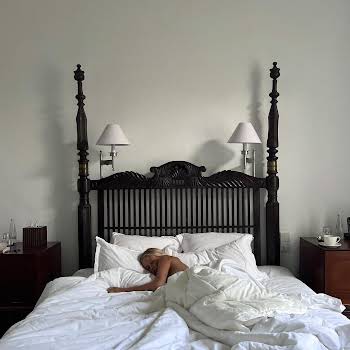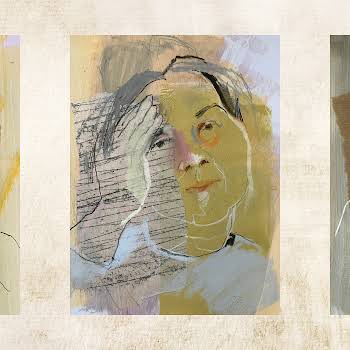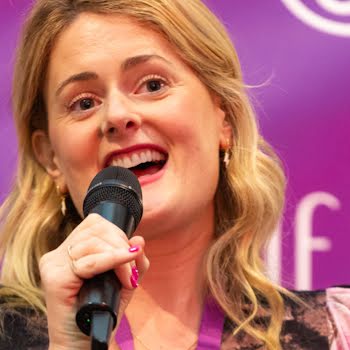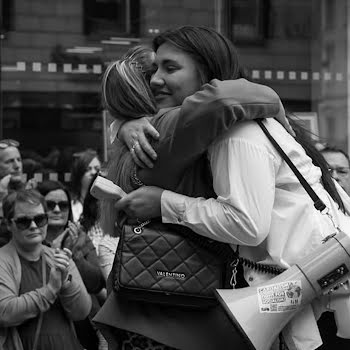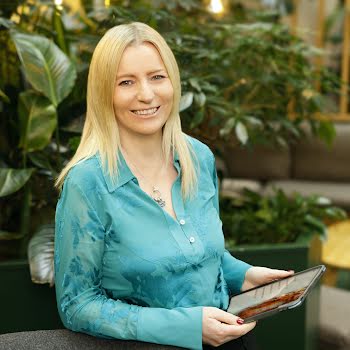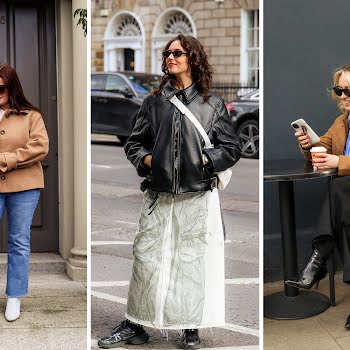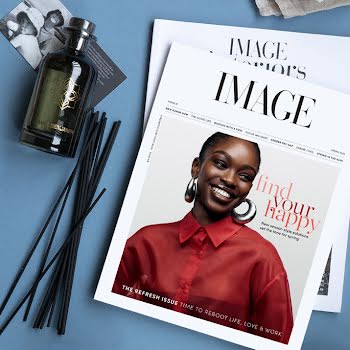Glenn Close spent 15 years living in a cult – 50 years out and the experience still affects her relationships
By Sarah Finnan
24th May 2021
24th May 2021
One of the guests on ‘The Me You Can’t See’ – Oprah and Prince Harry’s new Apple TV show – Glenn Close spoke candidly about her childhood upbringing and the lasting effects that being raised in a religious cult has had on her.
Star of such Hollywood classics as Fatal Attraction and Dangerous Liaisons, actress Glenn Close first rose to fame in the early 80s. Already a noted Broadway performer when she was cast in The World According to Garp, she’s played everyone from Disney villain Cruella de Vil to Albert Nobbs, a woman who poses as a man to work as a butler in a prestigious hotel in Ireland.
While her previous roles have certainly put her on the map, one thing you may not have known about Glenn Close is that she spent 15 years of her life growing up in what she describes as “basically a cult”. Only recently opening up about the “really awful” experience again, the award-winning actress joined Oprah and Prince Harry on their new show to reflect back on her childhood, and more importantly, on how such an upbringing has affected her.
Part of a group called the Moral Re-Armament (MRA) from the age of seven up until she was 22, Close joined the religious movement alongside both of her parents. Commenting that there were a “lot of rules, a lot of control”, it’s clear that those early formative years have had a lasting impact on the star who went on to say “it’s astounding that something you went through at such an early stage of your life still has such potential to be destructive. I think that’s childhood trauma.”
A moral movement that began on the cusp of World War II, the Close family joined the MRA in 1954 and lived on the group’s communal grounds alongside other members. Leaders dictated every aspect of their lives, from the clothes that had to be worn to what they were allowed to say – something that ultimately led Close to be skeptical of being able to do anything alone. “I wouldn’t trust any of my instincts because [my beliefs] had all been dictated to me”, she once told ABC News in an interview.
“You basically weren’t allowed to do anything, or you were made to feel guilty about any unnatural desire,” she said.
“If you talk to anybody who was in a group that basically dictates how you’re supposed to live and what you’re supposed to say and how you’re supposed to feel, from the time you’re seven till the time you’re 22, it has a profound impact on you”, she continued. “It’s something you have to [consciously overcome] because all of your trigger points are [wrong].”
Having left the group more than 50 years ago, she’s accomplished quite a lot in that time, you need only look at her impressive body of work thus far to see that. But, while her professional aspirations flourished, many of her personal relationships didn’t – something the Hollywood heavyweight thinks may be to do with her time in the MRA. Divorced three times, the actress told Harry and Oprah, “because of the devastation – emotional and psychological – of the cult, I have not been successful in my relationships and finding a permanent partner, and I’m sorry about that”.
Founded on the idea of the “four absolutes”, the MRA prioritises absolute honesty, purity, unselfishness, and love above all else. Admitting that being exposed to such extreme beliefs so early on definitely took its toll on her relationship with her family, it’s only in adulthood that she’s mended some of those connections. Currently living in Montana with her two sisters, you might expect her to be resentful of her parents, but the opposite is true.
Feature image via @glennclose
Advertisement
I’ve come back to my family. I’m connected to them, when I used to be a whole country away from them for all of my career.
Asked about her past in an interview with The Hollywood Reporter several years ago, the actress explained that forgiveness is the key in such situations. “I always thought, the way life works, the burden of forgiveness is on the child. That’s the way it goes. Forgiveness is probably the most revolutionary concept there is right now in our world. Because without forgiveness, you just perpetuate what has been before. You [have to] say, ‘it’s going to stop with me.’”
A passionate mental health advocate, as is her sister who was diagnosed with bipolar 1 disorder, Close hopes that sharing her story might help others facing similar traumas. Campaigning for an inpatient psychiatric care unit to be opened at their local hospital where they live in Bozeman, the state – which boasts the highest suicide rate in the country – is ill-equipped to offer people the support they need. “If it’s in our family and we’re dealing with this kind of pain, this kind of fright, this sense of shame, there are millions of others who are going through the same thing”, Close finished by saying.
Advertisement




